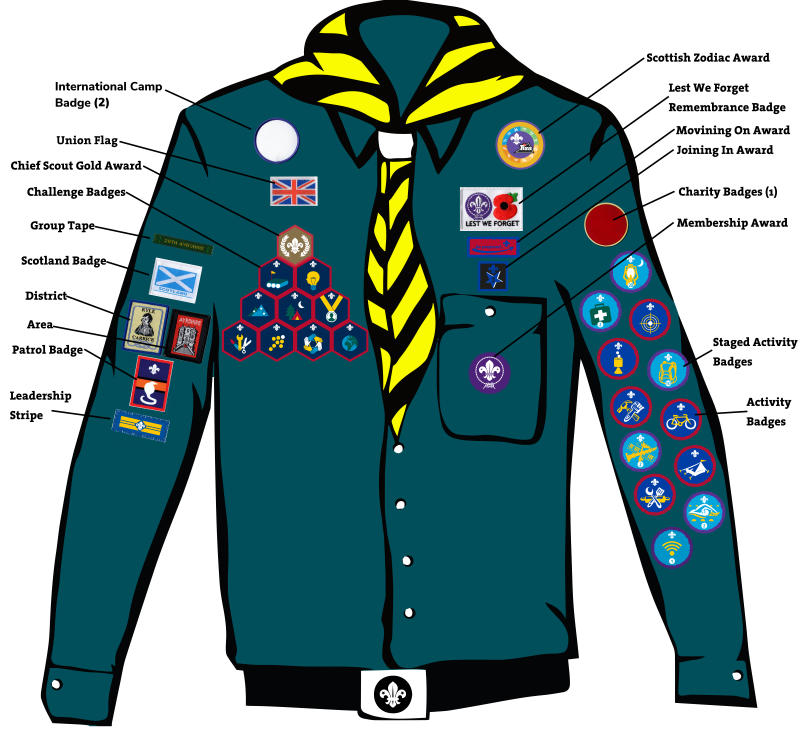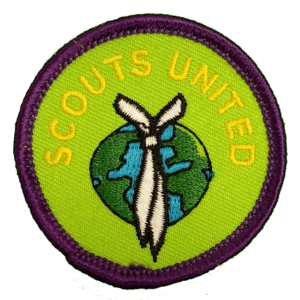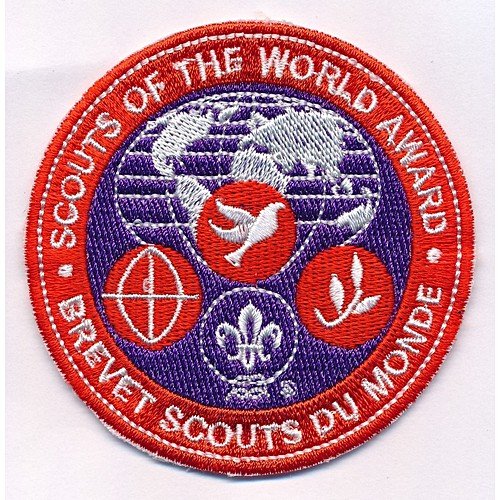SCOUTS
Scouts are the third section of the Scouting movement. From the first experimental camp for 20 boys in 1907, the movement now has an estimated 28 million members worldwide.
Scouts aims to build and develop young people’s confidence, sense of adventure and outdoor skills, as well as encouraging them to explore their beliefs and attitudes and be creative. It offers them the independence to put these skills into practice at camps and even on international trips.
Scouts are encouraged to work together and take the lead on all sorts of projects, from community based work to planning games and activities for their meetings.
The Scout Troop is the third section in the Scout Group, above Beavers and Cubs. The Scout Section is for young people aged between 10½ and 14 years. There is core flexibility in the age range: young people can join from age 10, and can move to Explorers between age 13½ and 14½.
Structure
A Scout Troop is divided into small groups called Patrols, each headed up by an older Scout called a Patrol Leader, and often with an Assistant Patrol Leader.
Activities
Scouts are encouraged to take part in a wide range of activities as part of their programme including traditional Scouting skills, such as camping, survival and cooking, as well as a wider spectrum of adventurous activities, from abseiling to zorbing. Participation rather than meeting set standards is the key approach, and there are a number of badges and awards that Scouts can gain to recognise their achievements.
Scouts Uniform



